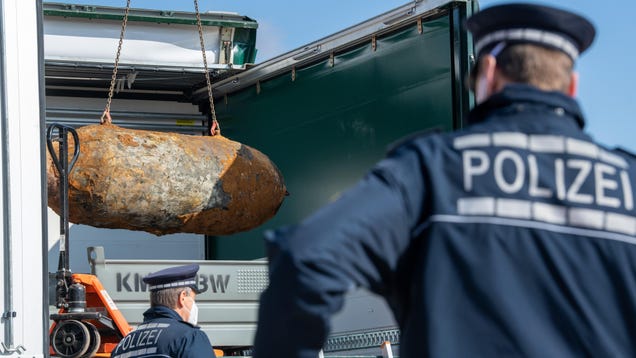
Amy Coney Barrett, Trump’s nominee for Supreme Court Justice, still won’t say if she thinks climate change is real.
In her responses to a collection of follow-up questions compiled by the Senate Judiciary Committee following her hearing last week where she dodged climate questions, Barrett said that it would be “inappropriate” for her to “opine” on whether or not fossil fuels warm the planet, because in a 2018 case, the Supreme Court found it “controversial.” Nevermind the fact that there’s scientific consensus on the subject.
Even worse, when Barrett was pressed on her relationship to Shell, the energy giant where her father was a leading attorney for decades according to recent reporting by the Daily Poster, she refused to commit to recusing herself from cases involving oil companies due to this conflict of interest. In response to an inquiry by Sen. Sheldon Whitehouse, Barrett acknowledged her dad’s former job.
“My father worked at Shell Oil Company for many years,” she wrote. But while she noted that she’s recused herself from cases involving the oil firm in her judicial tenure in lower courts, she didn’t specifically say that she’d continue to do so if she’s confirmed by the Senate next week to a lifetime appointment to the Supreme Court (though to be fair, Whitehouse didn’t ask).
Whitehouse did, however, ask Barrett if there are any additional oil or energy firms she’d need to recuse herself from if a case involving them got to the Supreme Court. Presumably, he asked this because according to the Daily Poster, her father also served in a leading position at the American Petroleum Institute, the fossil fuel industry’s top lobbying organization. But on her recusal list, Barrett has never listed API or any of its clients besides Shell, and in the new questionnaire, she didn’t change that.
G/O Media may get a commission
“The question of recusal is a threshold question of law that must be addressed in the context of the facts of each case,” she wrote. “It would not be appropriate for me to offer an opinion on abstract legal issues or hypotheticals. Such questions can only be answered through the judicial process.”
These questions are immediately relevant, because just weeks before Barrett’s nomination, the high court agreed to hear an appeal by major energy firms—including Shell—in a lawsuit waged by the city of Baltimore for climate-related damages. That means Supreme Court justices will decide whether a lower court should have pushed the case through the federal court system instead of sending it to be heard in a state court. This procedural technicality of what courts have jurisdiction over which suits has long held up several climate cases. If Barrett is confirmed and then behaves in the way Big Oil is likely expecting she will, she could tip the court to rule that the case should be heard by federal courts, where the plaintiffs have said it would likely die.
Barrett could also decide the future of the groundbreaking youth climate suit Juliana v. U.S., which if successful could push the federal government to take real action to curb oil and gas production and draw down emissions. Doing so, of course, would threaten energy giants’ business models. If Democratic presidential nominee Joe Biden is elected, Barrett could also play a key role in determining the fate of future climate policies his administration puts forward through executive action or signs off on should Congress pass any laws, since they’re certain to draw legal challenges from industry representatives.
As a reminder, despite Barrett’s claims that the existence of fossil-energy-fueled climate change is “controversial,” that’s simply not true from a scientific perspective. According to multiple peer-reviewed studies, there’s a 97% consensus among scientists that human activities like oil and gas extraction caused the climate crisis. Big Oil firms like the one Barrett’s father worked for spent decades trying to cover that up and misleading the public so they could continue to profit while polluting. From the looks of it, she’s slated to follow that same path of misinformation. That means that on questions of climate breakdown (and in general), she’s unfit to judge.
Source: gizmodo.com







